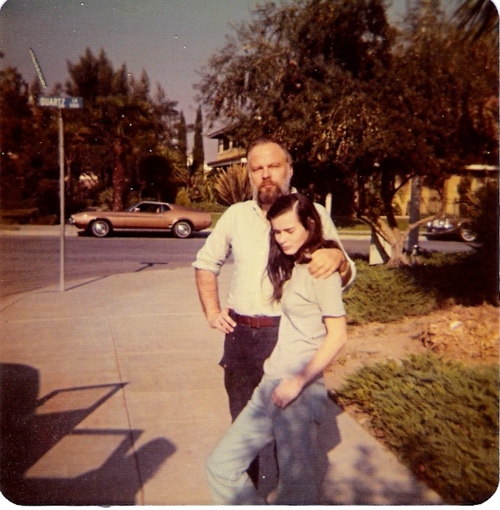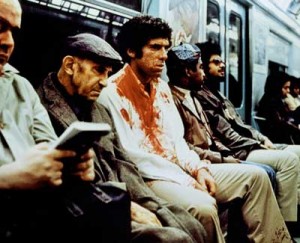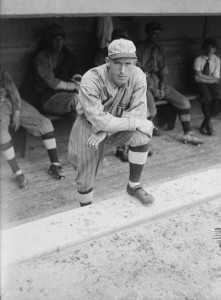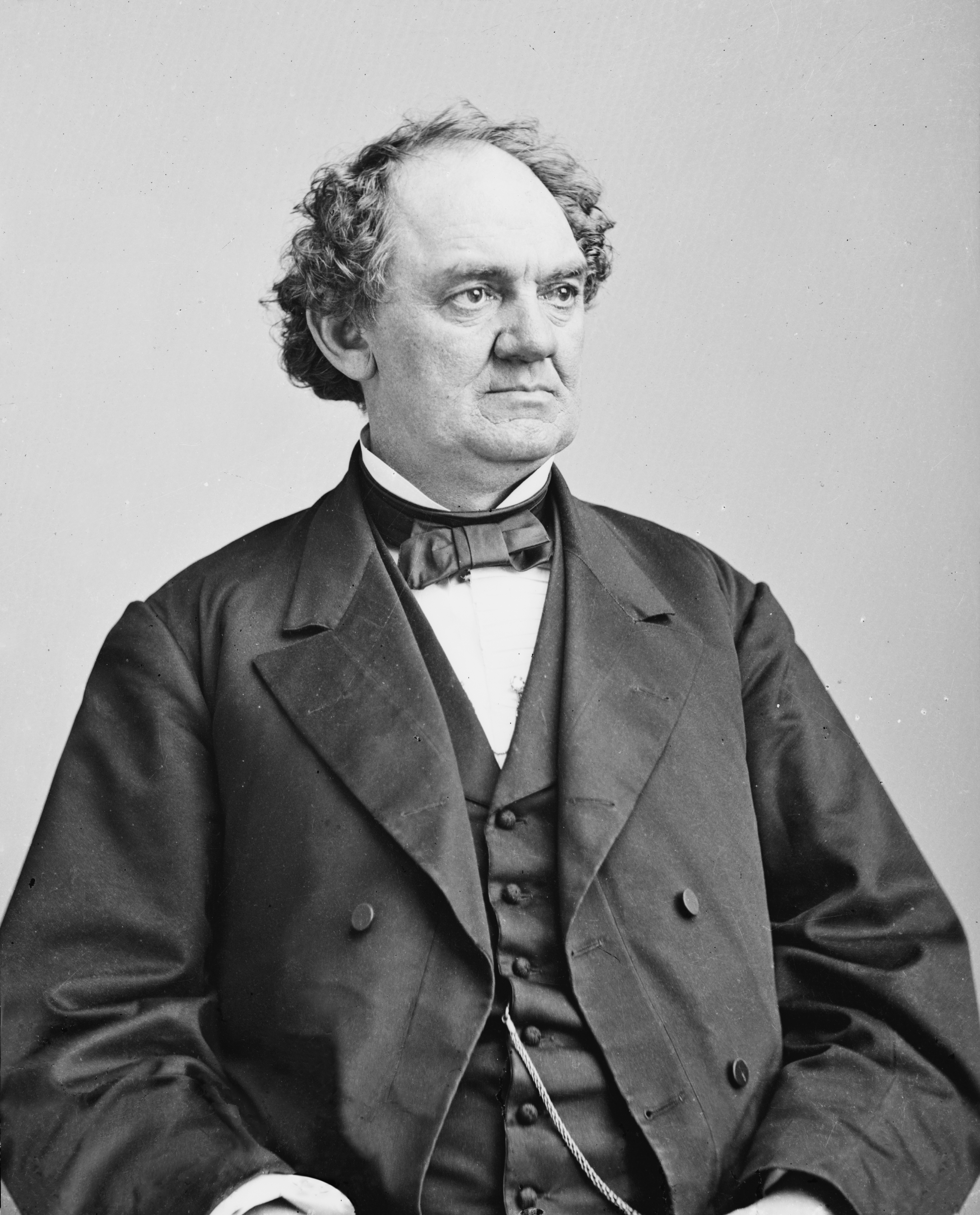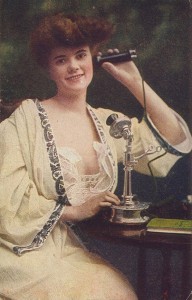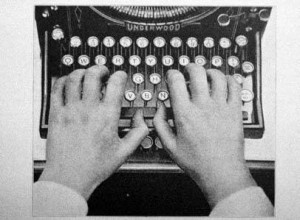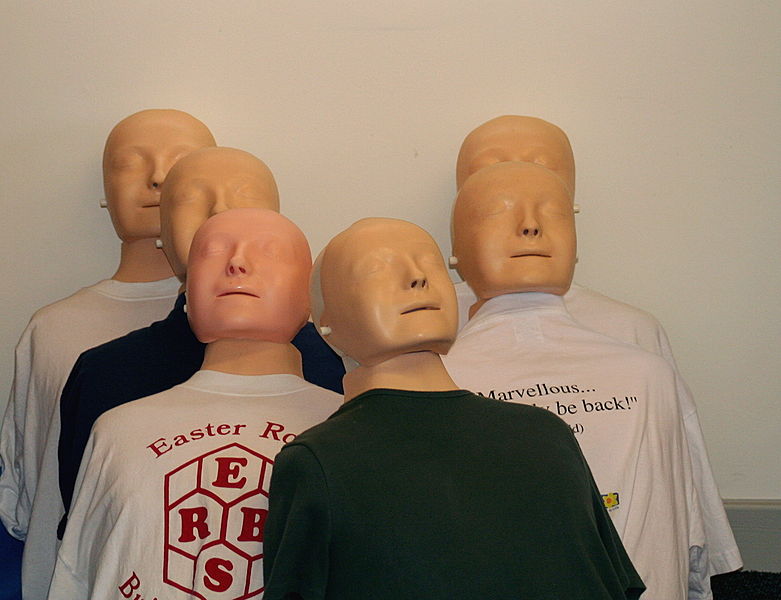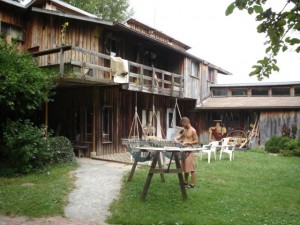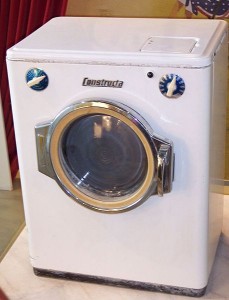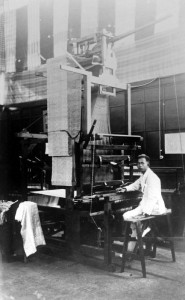Please Buy My Motherfuckin’ Jeans – $80 (TriBeCa)
I don’t know why I bought these fucking jeans. I don’t know what the fuck I was thinking. Somehow in the hazy, incandescent atmosphere of Diesel with that thumping, ear wrenching, aurally catastrophic “music” being slowly driven through my brain, I actually believed these jeans fit me. They do not. Now, nearly a month later, having tried to wear them again whilst not being intoxicated by presumptuous conceit and delusional grandeur, I have come to the conclusion that the jeans just aren’t right, they never were and they never will be. It’s truly a shame because they are really fucking cool jeans! Fo’ reals! Somebody with the correct body structure could rock the shit out of these jeans…sadly, that person is not me. And so, with a heavy heart, I would like to see these make their way into the hands of a more deserving individual, a person whose body can do justice to the high quality of build and superior materials which came into confluence, thus birthing the Viker 0088Z. The measurements of these jeans are: Men’s W26, L30. Except for trying them on in the store, they’ve only been worn once. I paid $160 for them, but I’m selling them for $80. Below is a photo of the receipt, to prove the authenticity of these motherfuckin’ jeans.




